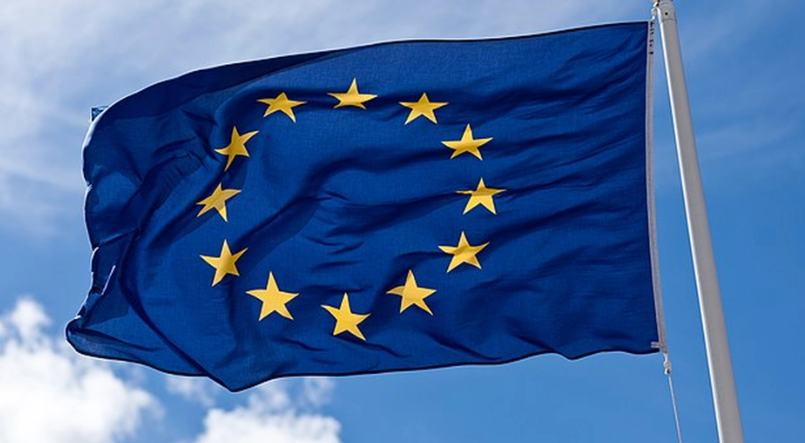Government Pushes for Timely Adoption of the Euro
Others are reading now
Bulgaria is on track to adopt the euro, with January 1, 2026, set as the target date for joining the Eurozone.
As reported by Digi24, a recent analysis by the Institute for Market Economics (IME) confirms that the country now meets the necessary criteria.
Inflation Within Required Limits
According to data from Eurostat, Bulgaria’s annual inflation rate in December met the Maastricht Treaty requirements for euro adoption.
The country’s average inflation rate stood at 2.6% as of December 2024. For comparison, Lithuania, Finland, and Italy reported inflation rates of 0.9%, 1%, and 1.1%, respectively.
Also read
IME analyst Peter Ganev concluded that Bulgaria’s inflation falls within the target range set by the Maastricht criteria.
The treaty stipulates that the inflation benchmark is calculated based on the average inflation of the three EU countries with the lowest rates, plus an additional 1.5 percentage points, setting the cap at 2.5%.
With Bulgaria’s rate at 2.6%, the deviation is only 0.1%, indicating strong economic alignment.
Government Commitment to Euro Adoption
Finance Minister Temenuzhka Petkova emphasized that adopting the euro remains a top priority for the government, urging Bulgaria to take full advantage of this opportunity.
Lyudmila Petkova, former finance minister and now deputy, confirmed that the government plans to submit special convergence reports to Brussels and Frankfurt by January 31, 2025.
This step is part of the official procedure to ensure compliance with all necessary conditions for joining the Eurozone.
Next Steps for Bulgaria
As Bulgaria moves closer to its euro adoption goal, government officials and economic analysts remain optimistic. The next key milestone will be the European Commission’s assessment of the country’s progress following the submission of its convergence reports.


